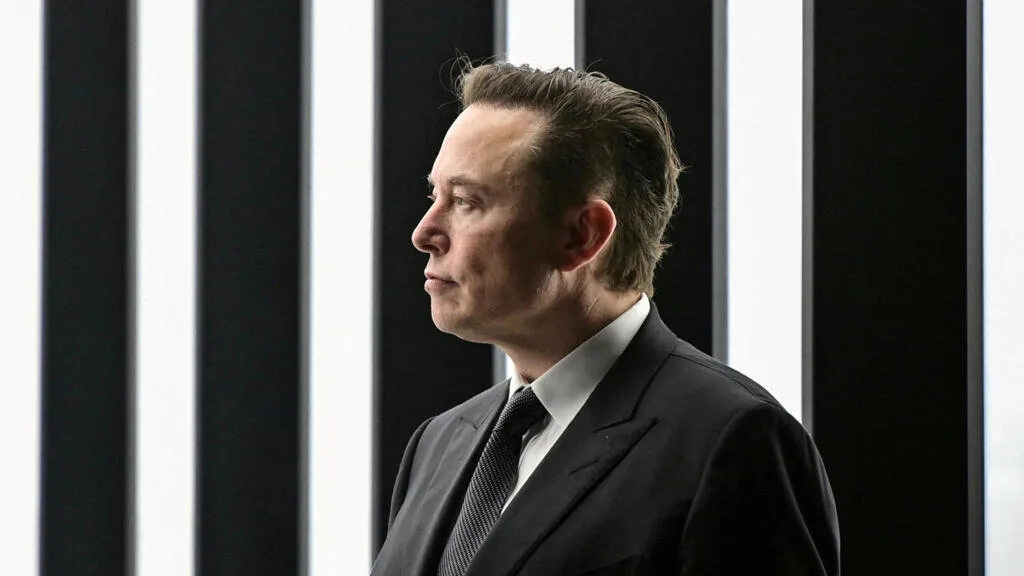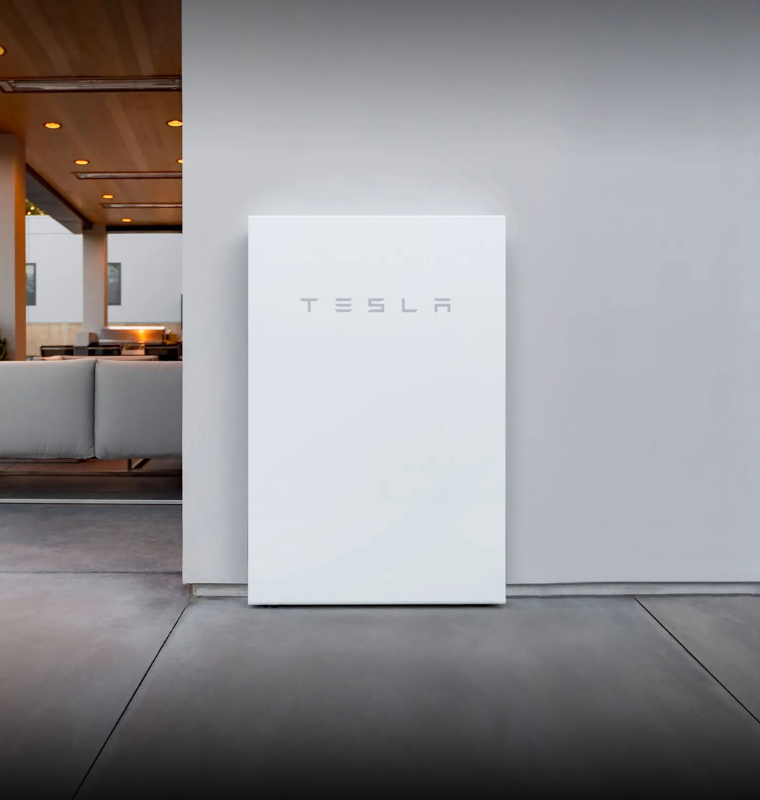Tesla Unveils Nearly $1 Trillion Pay Package for Musk, Aiming to Cement His Control
Tesla Unveils Nearly $1 Trillion Pay Package for Musk, Aiming to Cement His Control
By
Calder Monroe
Last updated:
September 6, 2025
First Published:
September 6, 2025

Photo: Yahoo News UK
Tesla is once again testing the limits of executive compensation, asking shareholders to approve a new pay package for CEO Elon Musk valued at nearly $975 billion — by far the largest in corporate history. If fully granted, the award would hand Musk over 423 million additional shares, solidifying his influence over Tesla’s direction for the next decade.
How the Pay Plan Works
The package is structured across 12 tranches, each tied to specific performance milestones. For every $500 billion increase in Tesla’s market capitalization, along with operational achievements, Musk would unlock another 1% equity stake. To achieve the first payout, Tesla’s market cap must nearly double from current levels to reach $2 trillion, with the final milestone requiring an $8.5 trillion valuation.
The performance targets go beyond financial growth. By 2025, Tesla would need to:
- Deliver 20 million vehicles annually
- Secure 10 million active Full Self-Driving (FSD) subscriptions
- Deploy 1 million humanoid robots (Optimus)
- Launch 1 million commercial robotaxis
- Meet a series of ambitious EBITDA benchmarks
Musk has claimed Optimus alone could eventually transform Tesla into a $25 trillion company, though he has provided few specifics on timelines or scalability.
Why the Board Is Backing Musk
Tesla Chairwoman Robyn Denholm defended the package, arguing it ensures Musk remains motivated despite his sprawling portfolio of ventures. “If he performs, if he hits the super ambitious milestones, he gets equity,” she explained. Importantly, the plan does not require Musk to dedicate a set number of hours to Tesla, leaving him free to balance leadership across SpaceX, Neuralink, The Boring Company, and his AI venture xAI.
Shareholder Vote on xAI Investment
Alongside the compensation plan, Tesla will ask investors to decide whether the automaker should invest directly in xAI, Musk’s artificial intelligence company. The proposal follows Musk’s public poll on X (formerly Twitter) suggesting Tesla contribute $5 billion to xAI. Founded in 2023, the company now operates a massive data center in Memphis and is building another facility to scale its large language models and its AI assistant, Grok.
Context: Legal Battles and Market Pressures
This new plan arrives amid Tesla’s ongoing legal dispute over Musk’s 2018 pay package, initially valued at $56 billion. In 2024, a Delaware court invalidated that agreement, ruling it was improperly approved and dominated by Musk’s influence over Tesla’s board. The case, Tornetta v. Musk, raised concerns about corporate governance, transparency, and director compensation. Denholm herself admitted in court that her Tesla board role had generated $280 million in “life-changing wealth.”
The ruling prompted Tesla to shift its incorporation from Delaware to Texas and attempt to ratify the 2018 plan retroactively, a move rejected by the court. Critics argue the new proposal repeats the same governance pitfalls but at a far greater scale.
The Bigger Picture
The debate comes at a time when Tesla is grappling with a sales slowdown, intensified competition from Chinese EV makers, and reputational damage tied to Musk’s political rhetoric and ties to the Trump administration. Despite these challenges, Tesla remains one of the world’s most closely watched companies, and Musk’s pay structure could determine not only its future growth trajectory but also shareholder confidence.
Investors will have their say at Tesla’s upcoming shareholder meeting on November 6, a vote that could shape the company’s strategy for the next decade and cement Musk’s dominance in both the electric vehicle and AI industries.
Popular articles
Subscribe to unlock premium content
The Rise of Silent Walking Tours in Historic Cities

The Rise of Ultra-Niche Cooking Classes Focused on Historical or Regional Recipes

The Rise of One-Person Dining Experiences for Ultra-Introverts in Major Cities

The Rise of Silent Walking Tours in Historic Cities

The Rise of Ultra-Niche Cooking Classes Focused on Historical or Regional Recipes

The Rise of Silent Walking Tours in Historic Cities









